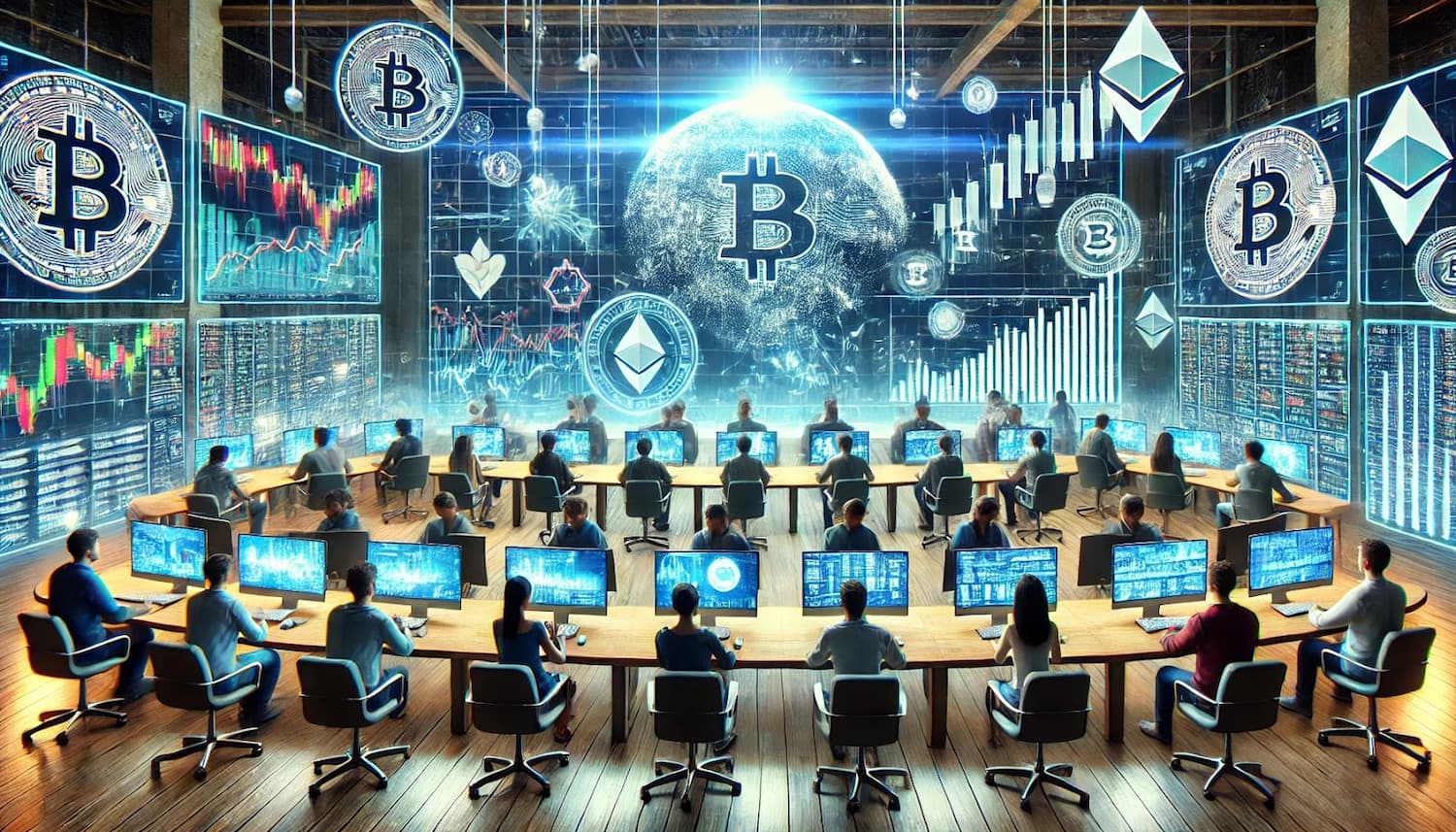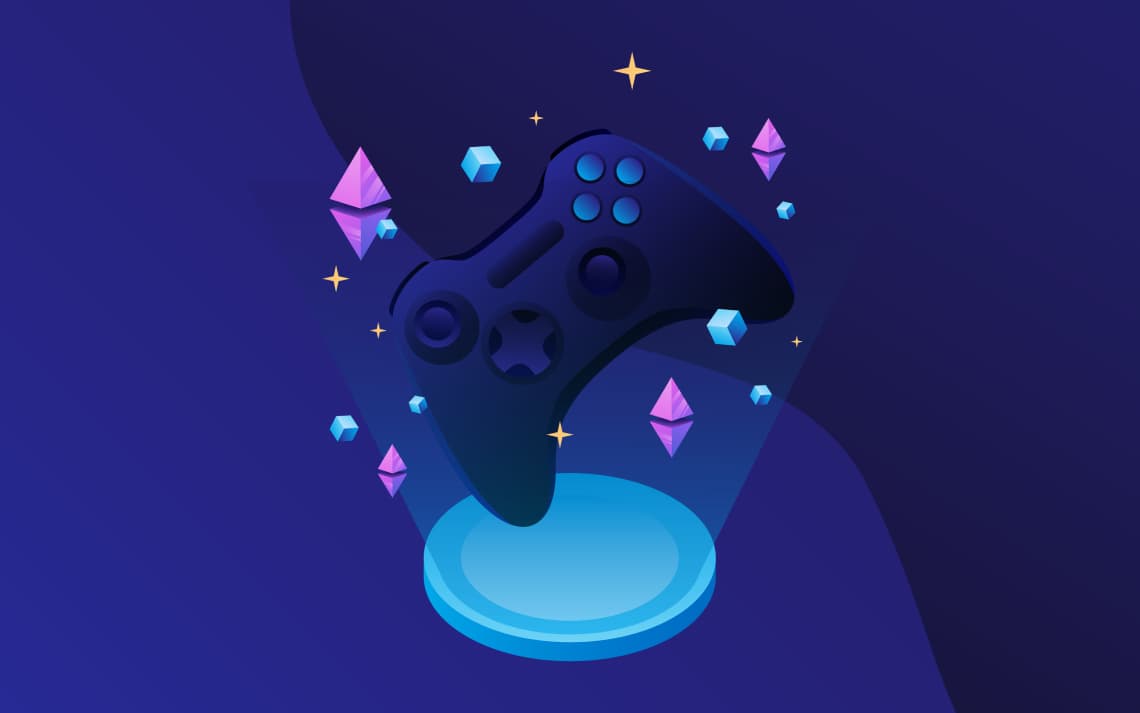As the Web3 gaming landscape continues to evolve, developers are presented with a range of tools designed to streamline the creation and management of decentralized games. From blockchain integration to smart contract deployment, these tools play a critical role in building engaging and scalable Web3 game projects. In this article, we will explore some of the most essential tools for Web3 game developers and highlight how resources like Neon Link can support your development journey.
Key Tools for Web3 Game Development
1. Blockchain Platforms
Blockchain platforms are the foundation of Web3 games, providing the infrastructure needed for decentralized transactions and asset management. Popular platforms include:
- Ethereum: The most widely used blockchain for smart contracts and decentralized applications. It offers robust support for NFTs and DeFi integrations.
- Polygon (MATIC): A Layer 2 solution for Ethereum that enhances scalability and reduces transaction costs, ideal for high-throughput gaming applications.
- Binance Smart Chain (BSC): Known for its low transaction fees and fast block times, BSC is a popular choice for Web3 gaming projects.
- Solana: A high-performance blockchain that offers low fees and high transaction speeds, suitable for games requiring rapid and frequent transactions.
2. Smart Contract Development Tools
Smart contracts are integral to Web3 games, automating transactions and enforcing game rules. Key tools for developing and managing smart contracts include:
- Solidity: The primary programming language for writing smart contracts on Ethereum and other EVM-compatible blockchains. Solidity is essential for creating and deploying game logic and asset management contracts.
- Hardhat: A development environment for Ethereum that allows developers to compile, test, and deploy smart contracts. Hardhat offers a local Ethereum network for testing and debugging.
- Truffle Suite: A comprehensive suite for smart contract development that includes a framework for writing, testing, and deploying contracts, as well as a built-in development blockchain.
3. Decentralized Storage Solutions
Storing game assets and data in a decentralized manner is crucial for Web3 games. Key decentralized storage solutions include:
- IPFS (InterPlanetary File System): A protocol for storing and sharing files in a decentralized network. IPFS ensures that game assets are available across multiple nodes, reducing dependency on central servers.
- Arweave: A permanent, decentralized storage network that ensures data persistence. Arweave is suitable for storing game assets that require long-term availability.
4. NFT Standards and Tools
Non-fungible tokens (NFTs) are a cornerstone of Web3 gaming, representing unique in-game assets. Essential tools for working with NFTs include:
- OpenZeppelin Contracts: A library of secure and audited smart contracts for creating and managing NFTs. OpenZeppelin provides standardized implementations for ERC-721 and ERC-1155 tokens.
- Ethers.js and Web3.js: Libraries for interacting with Ethereum smart contracts from JavaScript. These libraries are essential for integrating NFT functionalities into Web3 games.
5. Decentralized Oracles
Decentralized oracles provide external data to smart contracts, enabling more complex game interactions. Key oracle solutions include:
- Chainlink: A decentralized oracle network that supplies reliable data feeds to smart contracts. Chainlink can be used to fetch external game data, such as real-world events or prices, and integrate it into gameplay.
6. Analytics and Monitoring Tools
Monitoring and analyzing game performance and player behavior is essential for optimizing gameplay and managing the in-game economy. Useful tools include:
- Dune Analytics: A platform for querying and visualizing on-chain data. Dune allows developers to create custom dashboards and track metrics related to in-game transactions and player activities.
- Nansen: A blockchain analytics platform that provides insights into wallet activities and token movements, helping developers understand economic dynamics within the game.
7. Development Environments and IDEs
Integrated development environments (IDEs) streamline coding, testing, and deployment processes. Popular IDEs for Web3 development include:
- Remix IDE: A web-based IDE for Solidity smart contract development. Remix offers features for writing, testing, and debugging smart contracts directly in the browser.
- Visual Studio Code (VSCode): A versatile code editor with extensions for Solidity and other blockchain-related languages, providing a robust environment for Web3 development.
The Role of Neon Link in Web3 Game Development
Neon Link is a valuable resource for Web3 game developers, offering a suite of tools and services designed to enhance the development workflow. Neon Link provides:
- Integration Tools: Seamlessly connect various Web3 components, including smart contracts, decentralized storage, and oracles, to build cohesive and functional game environments.
- Developer Resources: Access comprehensive documentation, tutorials, and support to streamline the development process and overcome common challenges.
- Analytics and Monitoring: Utilize advanced analytics tools to track and analyze game performance, player interactions, and economic activities, ensuring optimal game operations.
By leveraging Neon Link and other essential tools, developers can effectively manage and scale their Web3 gaming projects, creating innovative and engaging experiences for players.
The evolution of Web3 gaming has brought forth a range of tools and technologies that significantly enhance scalability, functionality, and user experience. From blockchain platforms and smart contract development tools to decentralized storage solutions and analytics platforms, developers have a wealth of resources at their disposal. Neon Link exemplifies how integrating these tools can support the development and management of Web3 games. As the Web3 gaming ecosystem continues to grow, staying informed about the latest tools and practices will be key to building successful and scalable gaming projects.




